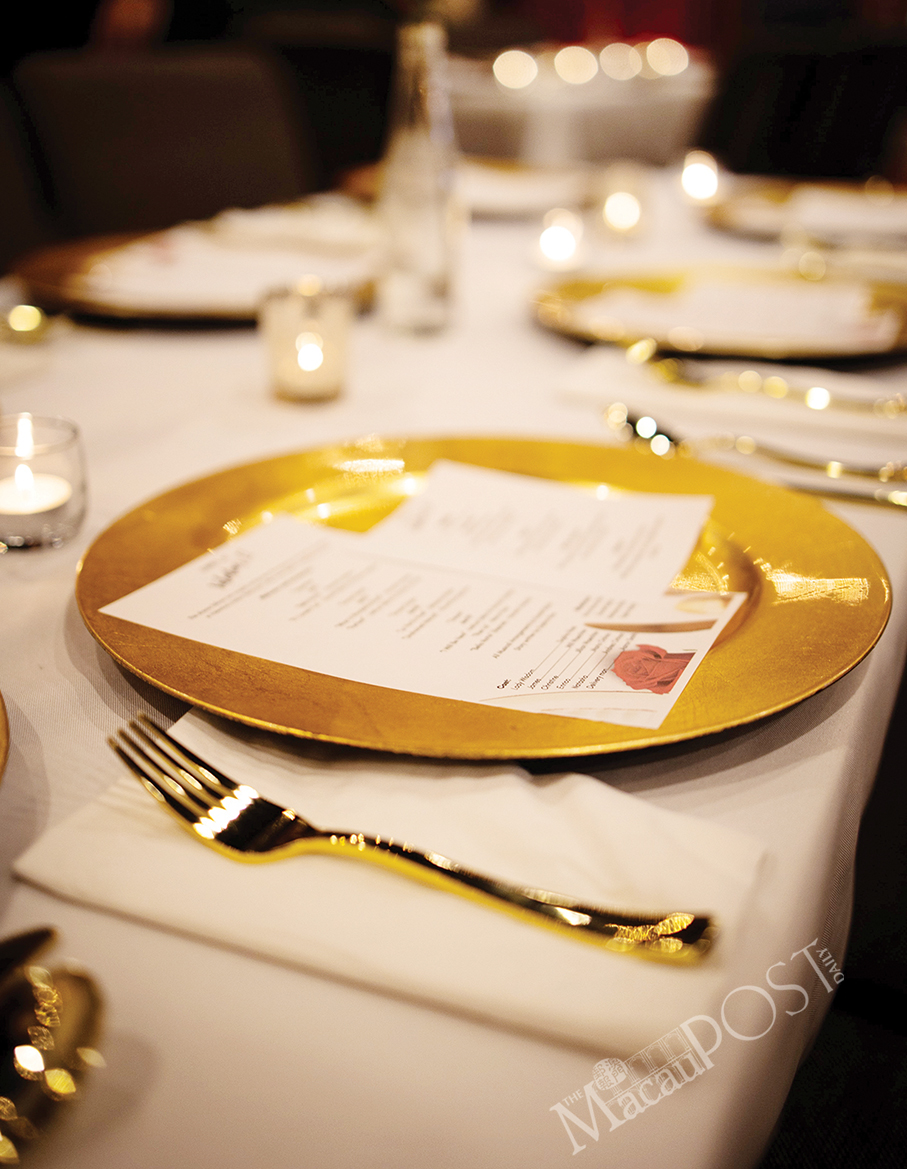“To go Dutch”, according to Webster’s Dictionary, means to go to a movie, restaurant or any activity that involves spending as a group with each person paying for his or her own ticket, food, or other expenditures. In Chinese, the same behaviour is referred to as “AA”, an acronym for “algebraic average”, which means dividing the bill according to how many people were involved in the event. Splitting the bill is getting more common these days as the idea of gender equality becomes a hot button issue.
At The Macau Post Daily’s office recently we were discussing the topic of “who should pay on the first date”. While some of the reporters thought that people should go Dutch, others thought that it should be the person who initiated the date. Surprisingly, no one thought that in a heterosexual relationship, the male should be responsible for the bill.
Apparently, this is not an unusual opinion as a survey conducted in 2018 titled “Who Pays for Dates? Following Versus Challenging Gender Norms”, showed that although male and female respondents agreed that men generally paid more of the expenses, overall, 57 percent of women claimed that they always offer to pay some share, even on a first date. This finding proves that more people are willing to “go Dutch” even on the first date as the financial burden should not always be on men.
Meanwhile, as times have changed, asking a person out is not a gender exclusive action anymore. Therefore, one of our reporters believed that the person who initiated the date should pay for the expenses actually aligned with the concept of treating both parties equally. Indeed, when a female asks a male on a date, the traditional way would be the latter paying the bill. But isn’t it ironic that even if the male does not enjoy the date, he still needs to pay for the overall cost?
However, in my opinion, despite the idea of egalitarianism, the act of paying carries a lot of social implications, and going Dutch might neglect those social etiquettes. The act of paying is an indication of how much you enjoy the date. For example, if I was invited on a date, but I insisted on paying for my part, it would be my subtle way of letting the other person down slowly. Why would I want the other person to spend money on me when I don’t see this relationship going anywhere? In this case, paying becomes an implicit way of sending out a signal without verbally or explicitly expressing one’s thought.
Yet, my dad always tells me that I should not owe men anything before marriage. This idea may be conservative but it is also a way to ease the social stigma for both men and women. He believes that both parties should alternate when it comes to paying the bill, especially when neither of us is financially independent from our families. Abiding to the traditional way of men paying on the first date in a heterosexual relationship could also lead to women being called “gold diggers” when dates do not go well after the meal. Therefore, on a first date, if you enjoy the meal, I think ending a date by saying that “I will treat you next time” is a clear sign that the person enjoyed the date and would like to go on another one, and no one will feel financially obligated whenever they hang out. Or else, when going out on a date, go Dutch!

Photo courtesy Unsplash









